About Worry Free Community
Health equity for all
In a diverse nation of immigrants, too many people still face barriers to care. Our mission is to close those gaps by combining skill-building, partnerships, and evidence-based healthcare. We believe every person deserves access to high-quality care without financial strain, and we work to create conditions where that is possible across DuPage County, Cook County and surrounding Chicagoland communities.
Why we exist
Building a worry-free society
F.L.O.W. - For the Love Of Wisdom
Vision
To create a worry-free community for the love of wisdom.
Mission
Build competency at the individual level, channel expertise at the organizational level, and align local resources at the community level to achieve health equity for all.
Our Values
During the COVID-19 lockdown, Worry Free Community discovered the importance of the PCORI Engagement Principles while adapting an engagement project online. These principles helped us strengthen relationships, improve collaboration, and create lasting momentum for our mission. Today, they serve as our organizational core values: Reciprocal relationship, Co-learning, Partnership, Transparency, Honesty and trust.
Guiding principles
The foundation of our work
At the heart of Worry Free Community are four principles that shape our approach and remind us of our responsibility to each other:
Why we serve
توكلت الله
Life circumstances are beyond our control, but we can choose how we respond. Recognizing this responsibility inspired the founding of Worry Free Community to meet the needs of our neighbors.
What drives us
إِنَّمَا الْأَعْمَالُ بِالنِّيَّاتِ
Outcomes follow intentions. With clear and honest intentions, our community can move closer to shared wisdom and wellbeing goals.
How we act
امر بالمعروف والنهي عن المنكر
Living with purpose means choosing actions that uplift our community and promote well-being, guided by social responsibility and teamwork.
Setting boundaries
تِلۡكَ حُدُودُ ٱللَّهِ
Following natural laws has helped us establish clear boundaries in our work, ensuring accountability and focus while allowing us to stay true to our values and advance social justice.
Our research approach
Patient voices at the center
We utilize Patient-Centered Outcomes Research (PCOR), a methodology that ensures our outcomes are guided by what matters most to patients and caregivers. PCOR builds on Community-Based Participatory Research (CBPR) by adding structured methods to collect and compare patient experiences and perspectives, strengthening both evidence and impact. This approach allows Worry Free Community to design programs and interventions that are both scientifically sound and rooted in traditional best-practices.
Faith and trust
Why we are faith-based
Trust is essential in healthcare. Worry Free Community identifies as a faith-based organization because our founding members recognized that their work and commitment to service were inseparable from their values. That trust extends from individuals to organizations, creating a foundation strong enough to support community health.
Frequently Asked Questions
Understanding our approach
What does Worry Free Community mean by “health disparities”?
Health disparities are differences in health outcomes that are linked to factors like income, education, race, immigration status, or where a person lives. In Glendale Heights and other diverse areas of Chicagoland, many families face barriers such as limited insurance coverage or lack of nearby providers. Our mission is to reduce those gaps by offering programs that connect people to both medical care and social services. By addressing these root causes, we aim to create more equal opportunities for wellness across the community.
Why does Worry Free Community call itself faith-based?
We are a faith-based community health organization because trust is central to our work. The founding members recognized that their values and beliefs were inseparable from the commitment they made to the community. For us, being faith-based means operating from a foundation of trust, responsibility, and shared purpose. It also means that while our programs serve everyone, our guiding principles are shaped by values that call us to care for others.
What are the guiding principles behind your work?
Our work is grounded in four principles: purpose, intention, action, and boundaries. First, we recognize that life circumstances are often outside our control, but our choices give meaning to our lives. Second, we believe outcomes are driven by pure and honest intentions. Third, we act in ways that uplift community health, and finally, we set clear boundaries for our work to stay true to our mission. These principles keep us focused on equity and inclusivity.
How do you use research in your programs?
The County Health Rankings model from the University of Wisconsin shows that only about 20% of health outcomes are tied to clinical care, while the other 80% come from factors like environment, behavior, and social context. At the same time, the average cost of healthcare in the U.S. is over $14,000 per person each year, which is unsustainable for many families. This framework highlights the importance of focusing on social and community factors rather than relying only on medical interventions. We use it because it aligns with our mission to address health equity holistically.

